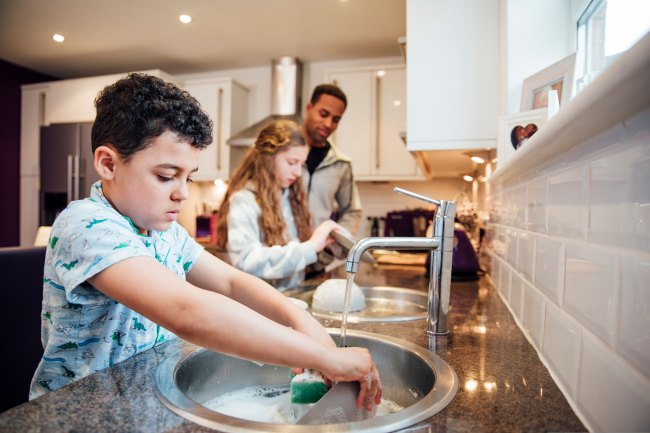News
UK bathing water quality
The latest results for compliance to the European Bathing Water Directive by UK coastal and inland bathing waters show that:
• 95.4% of UK bathing waters met the minimum standard - that is 595 out of 624 bathing waters
• 60% of bathing waters met the Directive's excellent standard
• Only 29 bathing waters (4.6%) met the poor standard
Water company staff live and work in the communities they serve. They are very aware of how important clean bathing water is to domestic customers, local businesses and the tourist trade, and the water industry has invested billions of pounds since the 1990s on measures that protect our unique and beautiful bathing waters. Most of the serious issues have now been dealt with; it's now the small but numerous issues that need tackling and that can make all the difference to coastal water quality.
Combined sewer overflows act as a vital and legal relief valve. They allow excess flows of highly-diluted water, which passes through screens to remove plastic and rags, to be released into rivers and the sea to help prevent homes and businesses from being flooded.
These flows are very diluted because of the large volumes of rain water also within the sewer network at the time; they are further diluted by the high flows of the waters they spill into, as these will also be swollen due to heavy rainfall and then subject to tidal dispersion. Their operation is strictly regulated to protect both public health and the environment.
Companies are still investing heavily, and are looking to the future. We are working with government departments across the UK, water sector regulators, local authorities, environment groups and others to develop a programme of robust research. This will help deliver sewerage and drainage system that's affordable, resilient to climate change and that will serve the UK for generations to come, delivered at a pace that customers are prepared to pay.
Water companies are just one of many agencies with a responsibility to protect bathing waters. Pollution can come from so many various sources that to make a difference, cooperation between local councils, businesses, farmers and communities is essential.
Causes of pollution include: where heavy rain washes pollutants into the sea from roads and pavements; pesticides from farmland; and slurry from farm animals.
Our own homes can also be a cause of pollution. Misconnected drains - which is where toilets and other household foul drains have been mistakenly connected to the surface water system - are a big issue and cause untreated waste to flow out to rivers and the sea as if it was rain water.
To check your property is connected right
Note: These new standards are not directly comparable to those produced prior to 2015 as there are now a number of significant differences to how bathing waters are now assessed.
For further information on the results and these changes see the Defra statistical release




